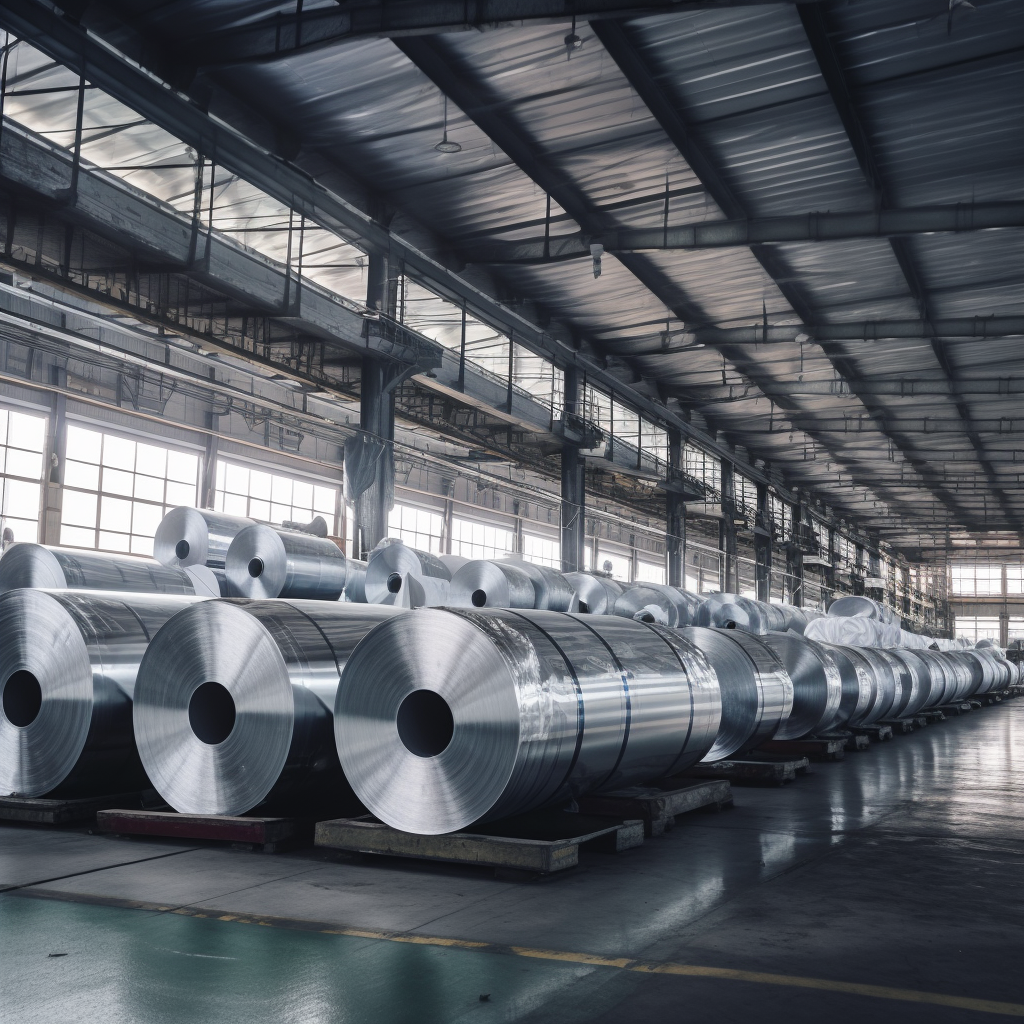January 12, 2024
Decarbonizing Aluminum Production – Initiatives for a Sustainable Future
Book a Demo
Aluminum is an essential material in various sectors, acclaimed for its lightweight, high strength-to-weight ratio, and exemplary heat and electricity conduction properties. Its 100% recyclability makes it a linchpin for sustainable practices and renewable energy infrastructure. However, despite its recyclable nature, the production of aluminum significantly contributes to global CO2 emissions, accounting for approximately 3% of the world’s direct industrial emissions.
In an effort to curb this environmental impact, organizations such as the Mission Impossible Partnership and the International Aluminium Institute have developed an aluminum decarbonization roadmap. This visionary initiative aims to depict the industry’s future within a zero-carbon world, setting a target to achieve net-zero emissions by the midpoint of the century, 2050.
Support for this decarbonization effort isn’t limited to specific organizations. The First Movers Coalition, a conglomerate including members from an array of industries, has made the commitment to procure a minimum of 10% of their aluminum from near-zero emission processes by the end of this decade, 2030.
In acknowledgment of its pioneering efforts in this field, the Norwegian company Hydro was bestowed an award for the development of their groundbreaking HalZero technology. This innovative technology has the potential to fully decarbonize aluminum smelting by keeping carbon and chlorine in a closed loop during the electrolysis process. The result is the elimination of CO2 emissions, releasing only oxygen into the atmosphere.
Meanwhile, researchers across the United States are delving into an innovative method to extract metal impurities from recycled aluminum. This could potentially increase its use in diverse applications, further emphasizing the material’s importance in a sustainable future.
On a similar note, the Australian mining group Rio Tinto, in collaboration with the Australian Renewable Energy Agency, is looking into the potential of using hydrogen in place of natural gas in alumina refineries. This switch could significantly diminish emissions, further contributing to the decarbonization efforts.
Aluminum’s role in modern life is undeniably significant. It is a key component in smartphones, aviation, global energy transition, and countless other products and industries. Despite the environmental challenges presented by its emissions, concerted efforts are being made to decarbonize its production and maintain its critical role in a sustainable future. Through these initiatives, we can look forward to an era where aluminum continues to serve its myriad of applications without the associated environmental cost.
Science4Data is committed to cut through greenwashing and measure real impact. Join the journey to a sustainable future. Your actions matter.



